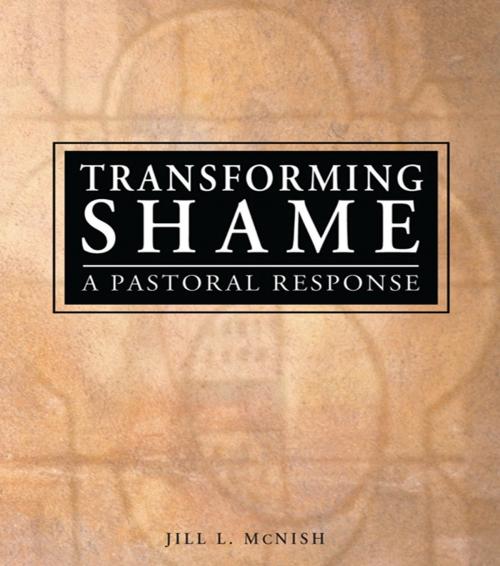Transforming Shame
A Pastoral Response
Nonfiction, Health & Well Being, Psychology, Mental Health, Religion & Spirituality| Author: | Rev Jill Mcnish, Richard L Dayringer | ISBN: | 9781317787426 |
| Publisher: | Taylor and Francis | Publication: | February 25, 2014 |
| Imprint: | Routledge | Language: | English |
| Author: | Rev Jill Mcnish, Richard L Dayringer |
| ISBN: | 9781317787426 |
| Publisher: | Taylor and Francis |
| Publication: | February 25, 2014 |
| Imprint: | Routledge |
| Language: | English |
Explore shame's revelatory and transformative potential within Christianity and the Church
Learn to understand shame to allow for positive change in your clients and parishioners. This book explores psychological, spiritual, and theological aspects of shame and shame's transformative potential. It will help pastoral care givers and mental health workers to identify shame issues and become agents of healing. By examining shame in the gospel accounts of the life, ministry, and death of Jesus, it shows that shame is a vital part of what defines us as human, and how shame can draw us into the mystery of our relationship with God.
From the author: This book develops the thesis that shame is a necessary and ontological part of the human condition. Shame can become pathological, undergirding and dominating the entire personality, making it impossible to feel oneself either part of the collective or an individual in one's own right. Transformation of shame is a large part of the psychic meaning of the Christ event, what Christianity is about. Transformation of shame is the experience of grace. The great saints and icons of Christianity have used the Christ event to transform shame and experience grace. The more completely they have done this, the deeper their experience of unity with God.
With Transforming Shame: A Pastoral Response, you'll explore:
- the phenomenological meaning of shame
- the psychological meaning, implications, and etiology of shame
- shame in the context of scripture and Christian theology
- the methodology for contextualizing theories of depth psychology in theology and religious experience
- human defense mechanisms to shame
- shame's usefulness in coming to a deeper understanding of personal identity
- the role of the institutional church in helping its people find meaning in shame and experiencing the grace that comes from shame's transformation
- how to address the Church's role in fostering toxic shame
With practical examples drawn from pastoral ministry and a thoughtful, interdisciplinary approach, this book will help you understand both the psychology and the spirituality of shame and make the essential connections between the two. Extensive references and a handy bibliography point the way to further reading on this fascinating subject.
Explore shame's revelatory and transformative potential within Christianity and the Church
Learn to understand shame to allow for positive change in your clients and parishioners. This book explores psychological, spiritual, and theological aspects of shame and shame's transformative potential. It will help pastoral care givers and mental health workers to identify shame issues and become agents of healing. By examining shame in the gospel accounts of the life, ministry, and death of Jesus, it shows that shame is a vital part of what defines us as human, and how shame can draw us into the mystery of our relationship with God.
From the author: This book develops the thesis that shame is a necessary and ontological part of the human condition. Shame can become pathological, undergirding and dominating the entire personality, making it impossible to feel oneself either part of the collective or an individual in one's own right. Transformation of shame is a large part of the psychic meaning of the Christ event, what Christianity is about. Transformation of shame is the experience of grace. The great saints and icons of Christianity have used the Christ event to transform shame and experience grace. The more completely they have done this, the deeper their experience of unity with God.
With Transforming Shame: A Pastoral Response, you'll explore:
- the phenomenological meaning of shame
- the psychological meaning, implications, and etiology of shame
- shame in the context of scripture and Christian theology
- the methodology for contextualizing theories of depth psychology in theology and religious experience
- human defense mechanisms to shame
- shame's usefulness in coming to a deeper understanding of personal identity
- the role of the institutional church in helping its people find meaning in shame and experiencing the grace that comes from shame's transformation
- how to address the Church's role in fostering toxic shame
With practical examples drawn from pastoral ministry and a thoughtful, interdisciplinary approach, this book will help you understand both the psychology and the spirituality of shame and make the essential connections between the two. Extensive references and a handy bibliography point the way to further reading on this fascinating subject.















